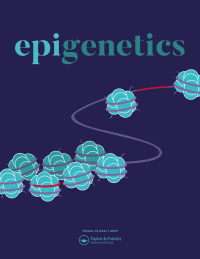Document type : scientific journal published in Genes
Authors: Claudia Kasper, David Ribeiro, André M. de Almeida, Catherine Larzul, Laurence Liaubet, Eduard Murani
Preview: Increasing stress resilience of livestock is important for ethical and profitable meat and dairy production. Susceptibility to stress can entail damaging behaviours, a common problem in pig production. Breeding animals with increased stress resilience is difficult for various reasons. First, studies on neuroendocrine and behavioural stress responses in farm animals are scarce, as it is difficult to record adequate phenotypes under field conditions. Second, damaging behaviours and stress susceptibility are complex traits, and their biology is not yet well understood. Dissecting complex traits into biologically better defined, heritable and easily measurable proxy traits and developing biomarkers will facilitate recording these traits in large numbers. High-throughput molecular technologies ("omics") study the entirety of molecules and their interactions in a single analysis step. They can help to decipher the contributions of different physiological systems and identify candidate molecules that are representative of different physiological pathways. Here, we provide a general overview of different omics approaches and we give examples of how these techniques could be applied to discover biomarkers. We discuss the genetic dissection of the stress response by different omics techniques and we provide examples and outline potential applications of omics tools to understand and prevent outbreaks of damaging behaviours.




